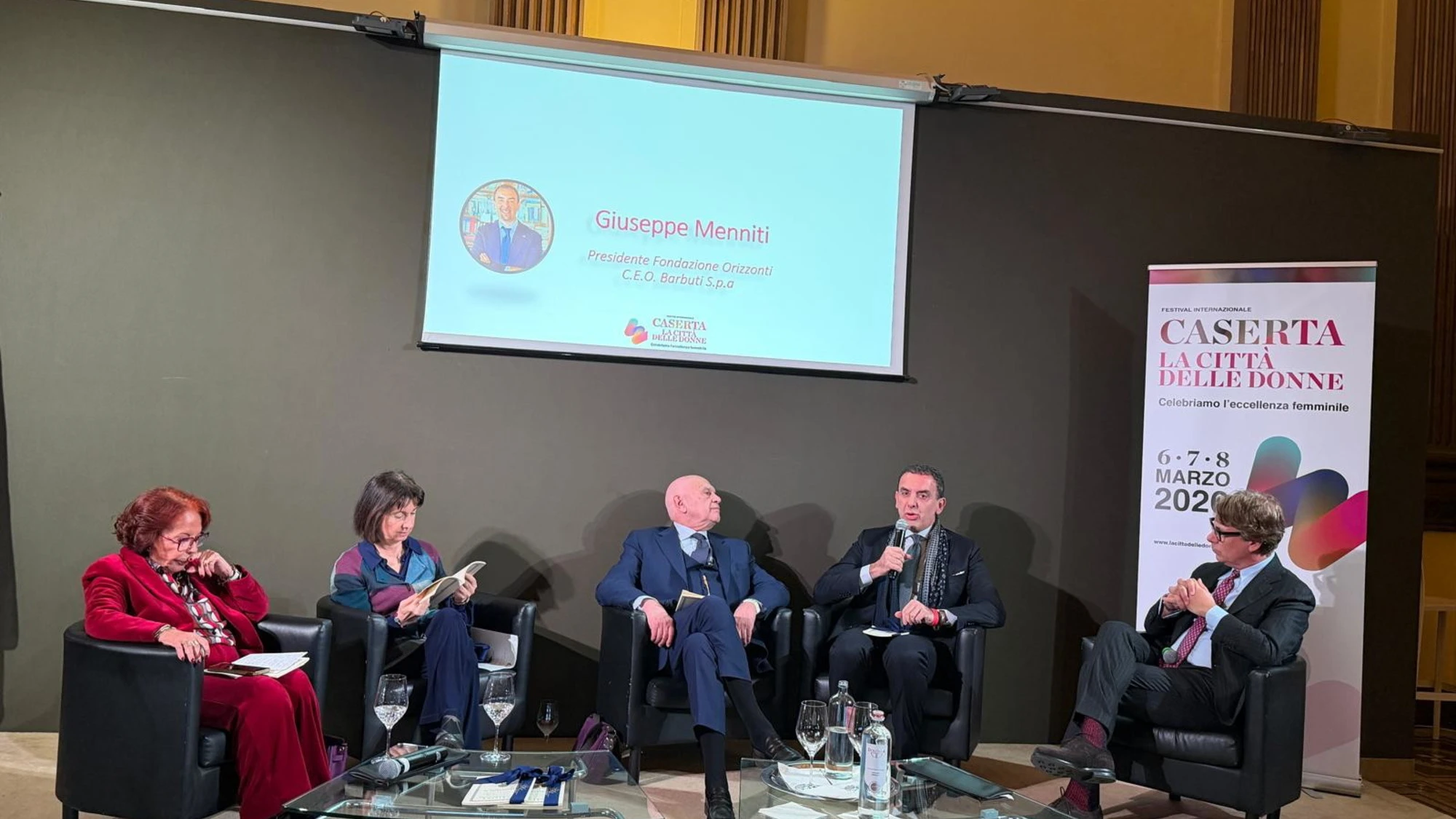- Cambodia has benefited from the EBA program since 2001. The primary beneficiaries have been the working men and women in the country's garment, footwear and travel goods industries (represented by GMAC). These industries account for some 75 percent of Cambodia's total merchandise exports and 90 percent of Cambodia's exports to the EU. €4.77 billion in trade in 2018 marked a ten-fold increase since the EBA was first extended to Cambodia. The EU has become the largest market for our industries, outpacing the United States (which does not provide duty benefits on garments and footwear). Thanks to the EU's support via the EBA, millions of Cambodians have been lifted from poverty and have contributed significantly to the nation's economic and social development. Our industries' 750,000 workers represent more than half of the country's total formal labour force and they provide direct income support to more than 20 percent of all households in Cambodia. More than 80 percent of our workers are women and most are under the age of 35. All told, the EBA has a positive effect on the lives of some 3 million people in Cambodia. GMAC has established a culture of transparency and accountability in labour compliance and working conditions and has submitted detailed information to EU authorities in accordance with these values. In what has become known as the "Cambodia model", GMAC was the first association in the world to welcome the United Nation's International Labour Organisation (ILO) to inspect our factories for compliance with national and international labour codes. The program, known as "Better Factories Cambodia" (BFC), has since been adapted by the ILO for use in other countries. No nation which benefits from preferential access to the EU market has a more consistent history of transparency and positive cooperation with the ILO than does Cambodia. Under the BFC program, the ILO conducts a rigorous annual assessment of all garment, footwear and travel goods exporting factories and reports on their compliance on all aspects of worker rights and labour standards, including requirements with respect to freedom of association, collective bargaining, child labour, forced labour, non-discrimination, wages and benefits and occupational safety and health. Results of these assessments are publicly available. [1] GMAC has submitted supporting evidence to respond to the EU's concerns and to demonstrate the progress and compliance record of our sector with respect to national laws and ILO standards. GMAC again wishes to stress to EU legislators, officials and all interested stakeholders that a suspension of EBA benefits for our sector will result in significant job losses in the garment, footwear and travel goods industries and would not serve the EBA program objective of poverty eradication and sustainable development. It would prove to be a sad and regrettable outcome for GMAC and its workforce which have done so much to cooperate with the ILO and in effect to promote its role in monitoring workers' rights in Cambodia, as well as in other nations. About GMAC: We represent more than 580 garment, footwear and travel good production facilities in Cambodia that directly employ 750,000 workers. Our mission is to make Cambodia a preferred partner in a highly competitive global market by adhering to the highest standards in the quality of goods and quality of life for our workforce. https://www.gmac-cambodia.org/ [1] https://betterwork.org/where-we-work/cambodia/our-resources-and-publications/ Media Contact: Ken Loo, Phone: +855-12-282288, Email: kenloo@gmac-cambodia.org





